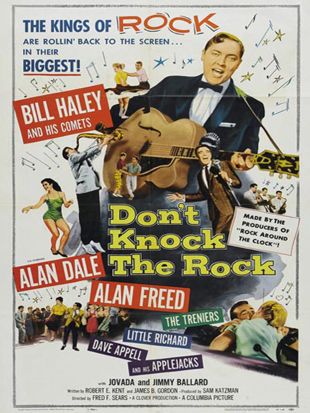
Don't Knock the Rock (1956)
Directed by Fred F. Sears / Fred Sears
Genres - Musical |
Sub-Genres - Rock Musical |
Release Date - Dec 14, 1956 (USA - Unknown) |
Run Time - 85 min. |
Countries - United States |
MPAA Rating - NR
Share on
Synopsis by Bruce Eder
Coming off of a hit New York gig, successful rock & roll crooner Arnie Haines (Alan Dale) realizes he and his bandmates are weary from the grind of two years of steady gigs. They tell their manager (DJ Alan Freed, playing himself) they're taking a break and return to the small town where they started, Mellonville (state unspecified, but it looks like central Pennsylvania). Upon arriving, however, Haines finds himself denounced by the mayor (Pierre Watkin) as a bad influence on the teenagers and banned from any public performances. That would suit him fine -- he and the boys wanted the summer off -- but their local teenage fans can't abide the repressive atmosphere, and then nationally syndicated columnist Arlene MacLaine (Fay Baker), visiting Mellonville, attacks Haines and rock & roll in her column, threatening the whole music business. Arlene's comely daughter, Francine (Patricia Hardy), urges Arnie to fight back and convince her mother that rock & roll is harmless fun. Toward that end, with help from the sympathetic mayor (George Cisar) of the next town, Arnie and Freed organize an all-star show that includes Little Richard, the Treniers, and Bill Haley & His Comets. Everything goes according to plan until one petty, jealous girl (Jana Lund) nearly starts a riot when Arnie rejects her advances. Then it's up to Francine and her acting troupe friends to help Arnie and Alan Freed make one last pitch for rock & roll. Though Don't Knock the Rock has more plot and characters than most movies of this type, and it did reflect an actual serious controversy that was growing at the time (and not just in the South), it is really just lighthearted fun. Its real appeal lay in the singing and dancing, not only by some top rock & roll talent of the day (Bill Haley is great, Little Richard and his band are amazing, and the Treniers are dazzling), but also by the dancers portraying ordinary teenagers having fun. Photographer Ben Kline gets all of his camera angles spot on, so that the movie, though no classic, is a visual and musical delight a half century later. And just to show where the film's heart really lies, producer Sam Katzman and director Fred Sears (who were old enough to be "squares") replace "The End" at the final frame with a more nonchalant (and topical) "Dig You Later."
Characteristics
Themes
Keywords
music, band [music group], behind-the-scenes, dance [art], elder, generation-gap, hometown, hostility, opposition, rock-music, show, stage, stars [celebrities], town, townspeople, rock, songwriter
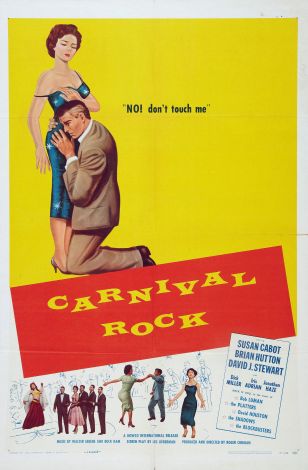
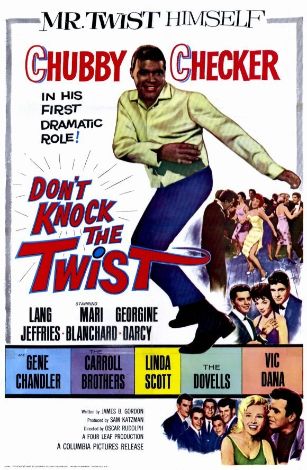
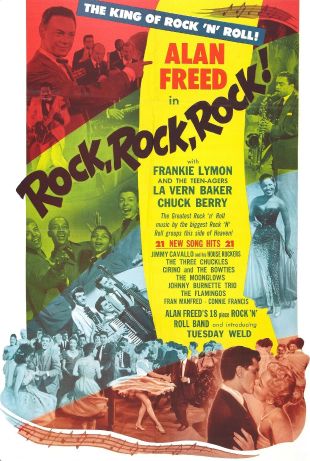
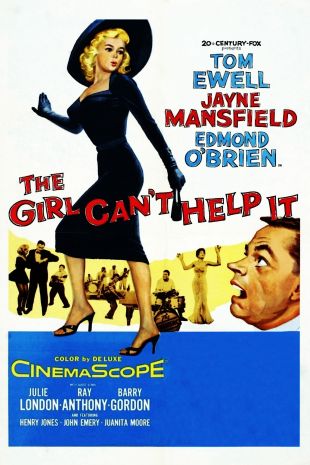
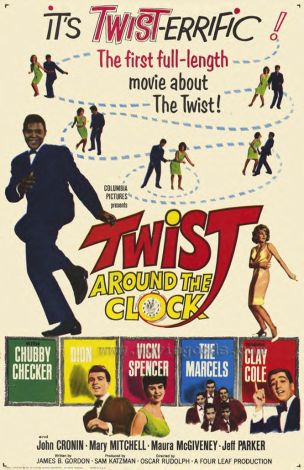
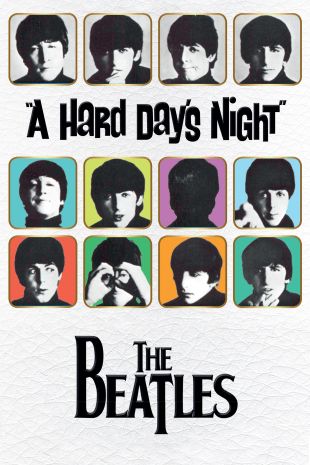
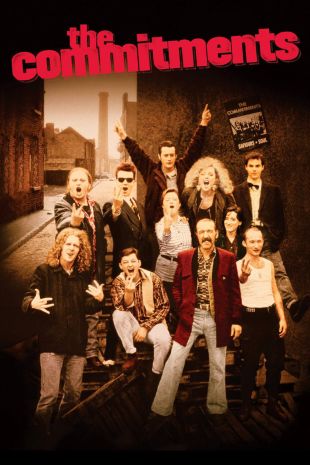
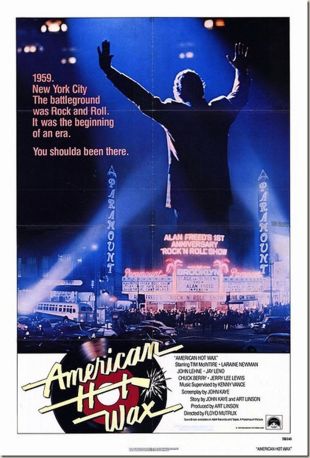
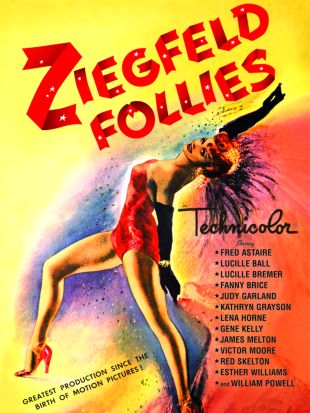
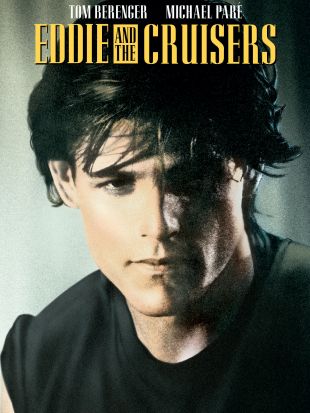
/_derived_jpg_q90_310x470_m0/TheJazzSinger1980-PosterArt.jpg)
